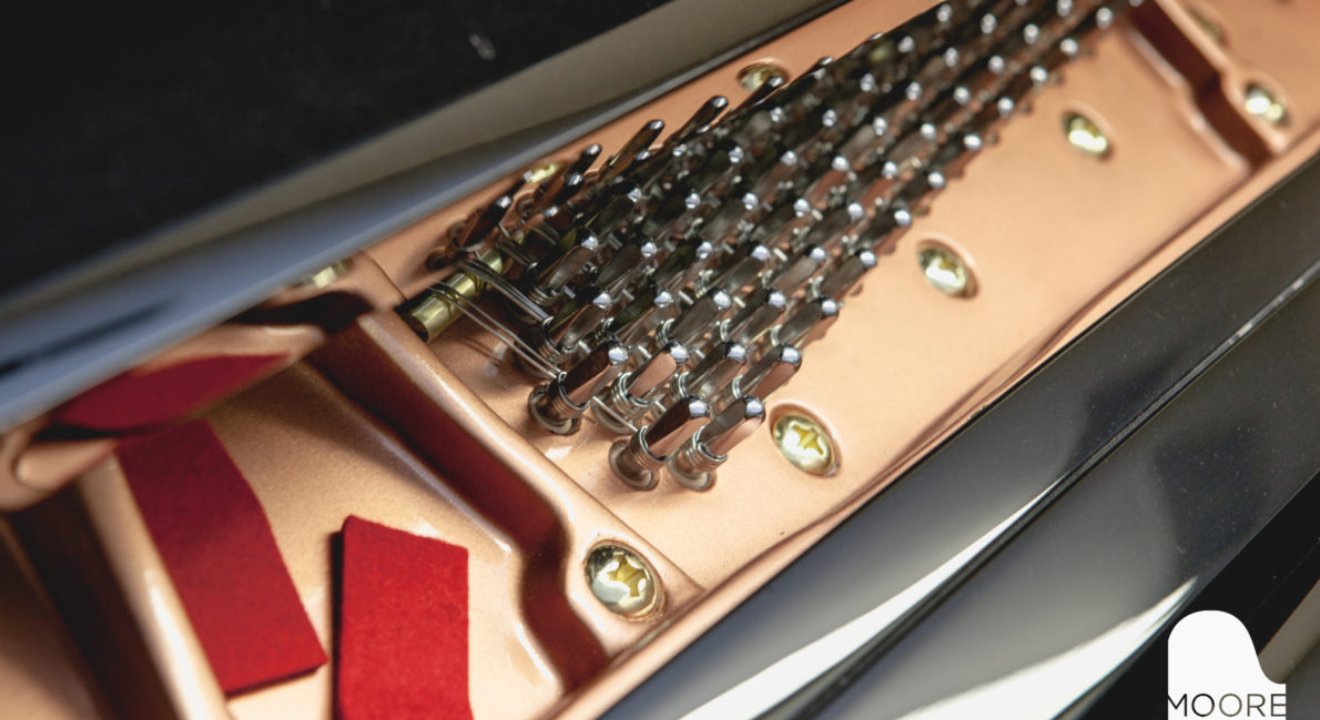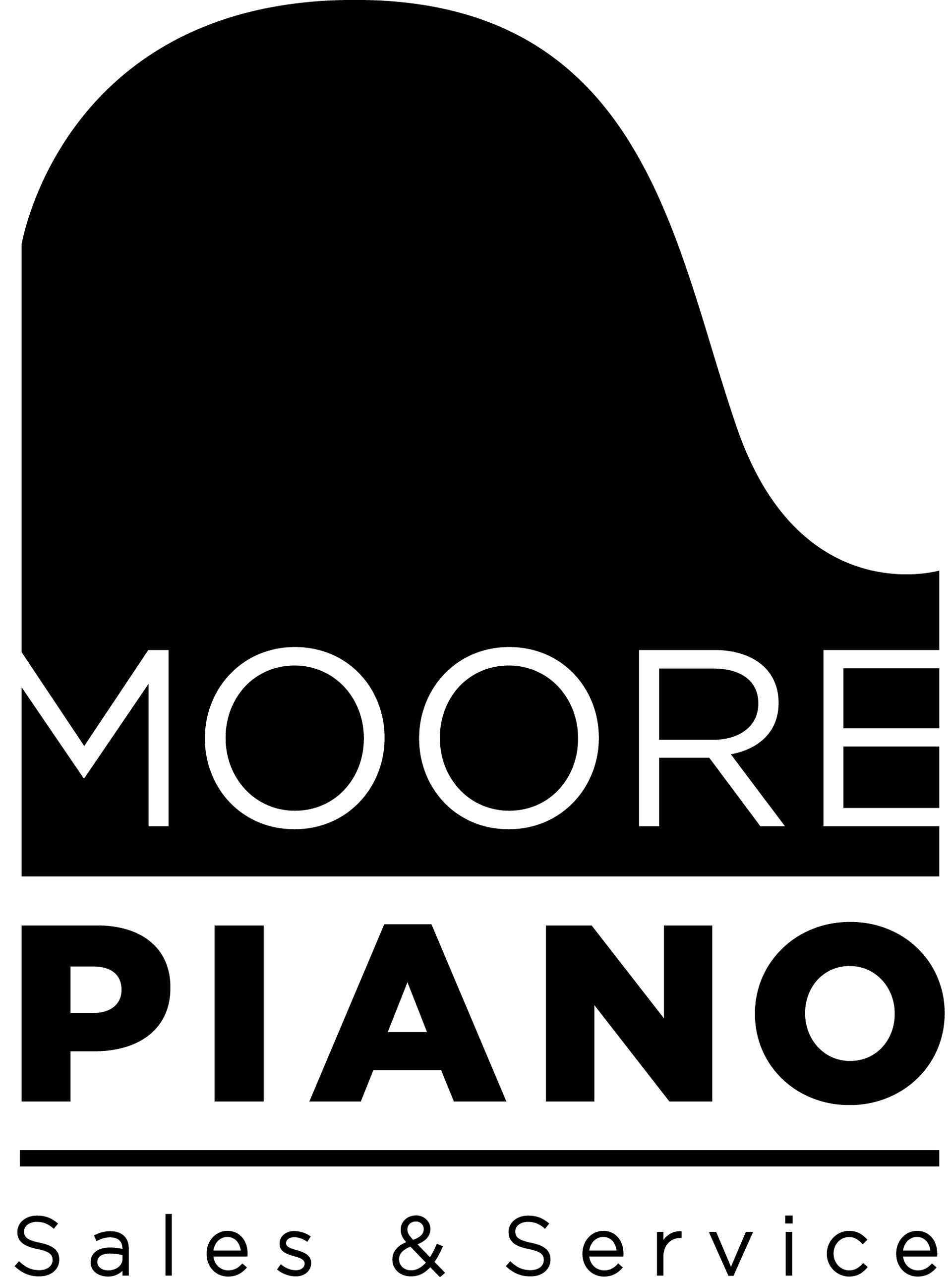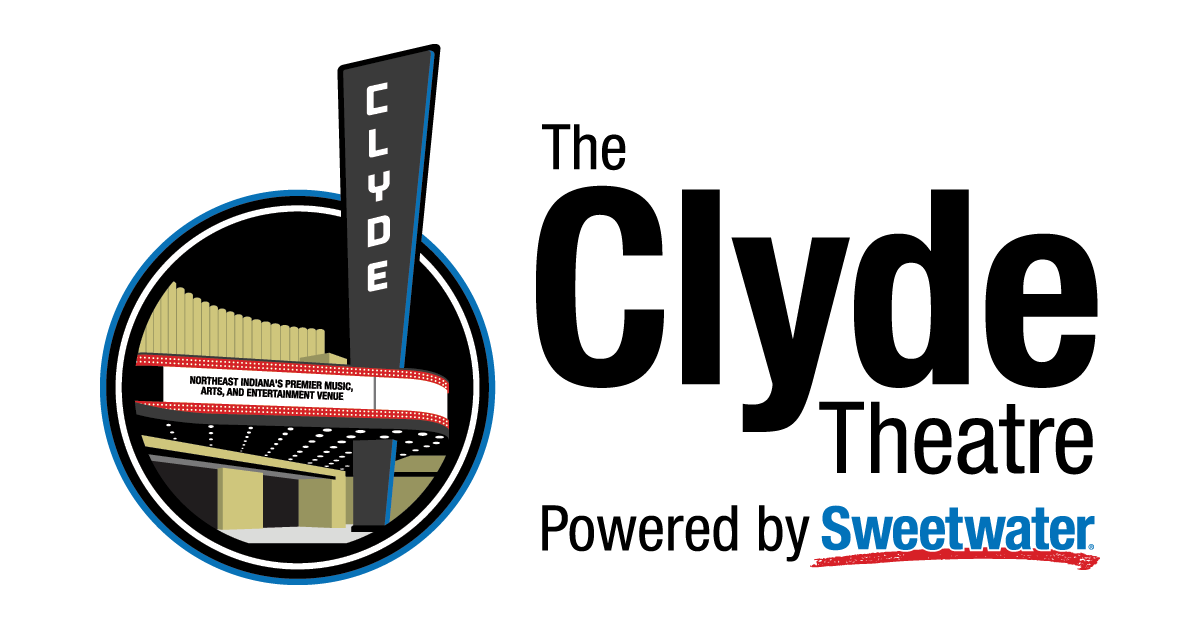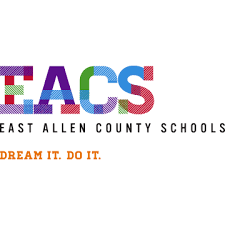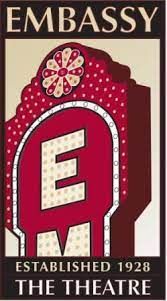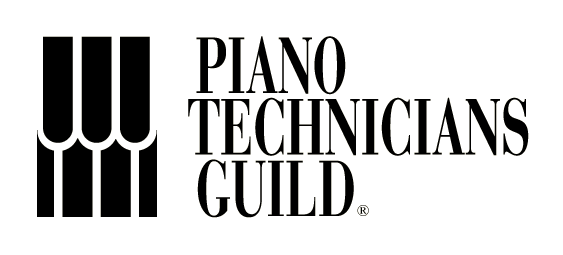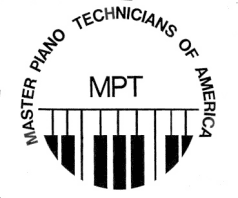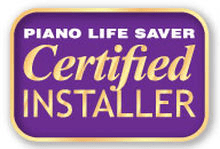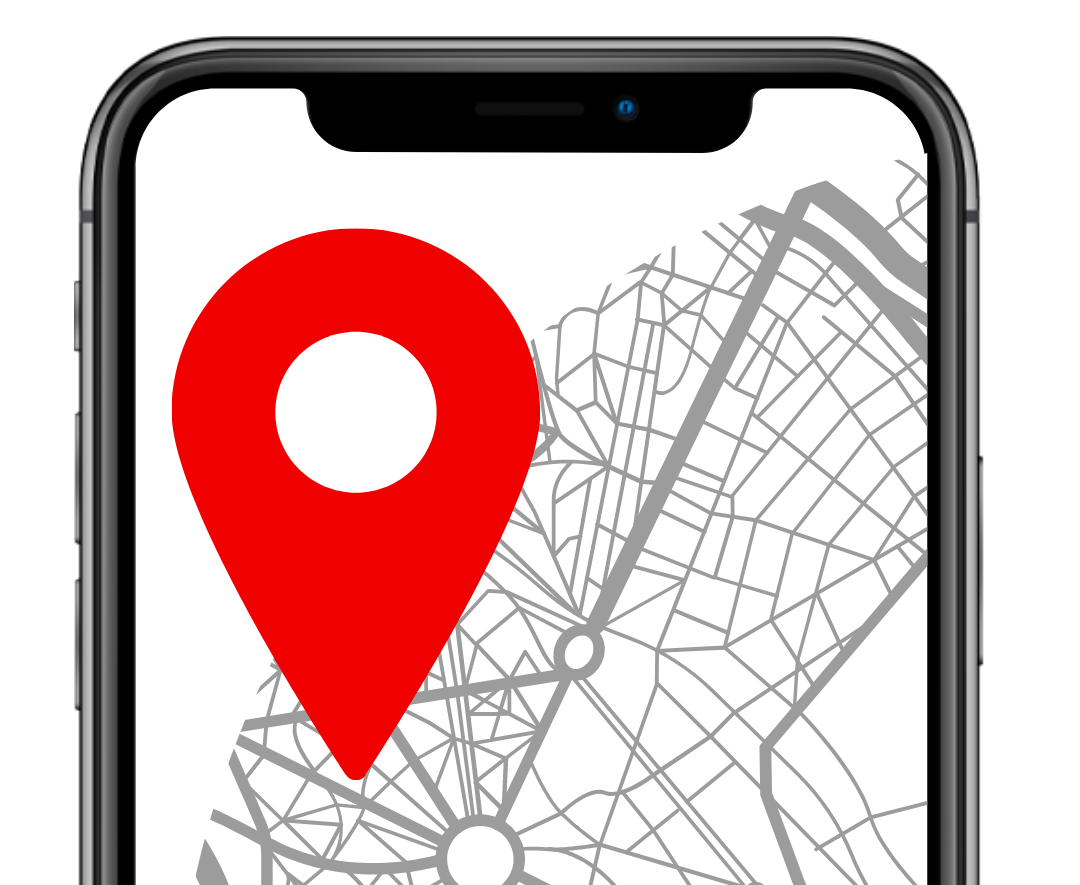A Short History of the Recorder and its Role in Music Education
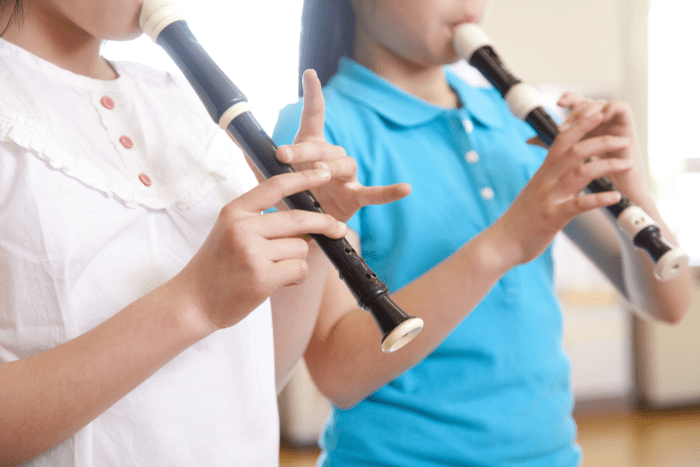 As young students head back to school for the fall, at least some of them will be taking a formal music class for the first time. For many of those students, that means an introduction to the recorder instrument, which other than the piano/keyboard is probably one of the most important instruments in music education.
As young students head back to school for the fall, at least some of them will be taking a formal music class for the first time. For many of those students, that means an introduction to the recorder instrument, which other than the piano/keyboard is probably one of the most important instruments in music education.
In the 20 th century, schools began using recorders in elementary music classes, much to the chagrin of parents worldwide. How did the recorder become the instrument of choice for music education in primary schools? Does it really prepare children to play other instruments?
The short answer is yes. Recorders help young children understand music theory, practice creative thinking skills, and develop finger dexterity. These skills will serve them well in piano lessons when they get a little older.
A Brief History of The Recorder
The recorder is probably the original flute. It is an “internal duct flute,” meaning it has a whistle mouthpiece. Recorders come in different sizes and are traditionally made from wood and ivory. Most teachers today give children molded plastic recorders that are cheap, durable, and surprisingly, have excellent sound quality compared to expensive recorders.
Many cultures around the world have similar flute-like pipe instruments, but the recorder is generally associated with western European culture.
The recorder dates back to Europe in the middle ages and was a popular instrument throughout the Renaissance and Baroque periods. Monteverdi, Bach, Purcell, and other composers wrote beautiful concertos for the recorder. Vivaldi composed Recorder Concerto in C —a far cry from little Bobby’s squawking rendition of “Mary Had A Little Lamb.”
Legend has it that King Henry VIII owned 76 recorders, also called English flutes. However, its popularity waned with the introduction of the oboe, clarinet, flute, and other wind instruments.
The recorder fell out of favor during the Classical and Romantic periods. Some say it was tossed aside when it became “ungentlemanly” to play an instrument with a mouthpiece. Renaissance author, Baldassare Castilgione wrote that men should only play the recorder in private and, preferably in the presence of a woman.
In the 1900s, Carl Orff, the German composer who wrote Carmina Burana , decided to try using a soprano recorder as a music education tool. Orff encouraged teaching methods that focused on rhythm, movement, and creative thinking to make learning more enjoyable for small children.
Orff thought that if children could sing the notes they were playing, they would better understand the basic principles of music theory. The soprano recorder is ideal because it is simple, easy to play, and is similar to the vocal range of small children. You don’t have to develop a good embouchure (the way to shape your mouth muscles) to play the recorder, so it is an easy starter-instrument.
The Benefits of Learning the Recorder
Parents groan when young children triumphantly pull little plastic recorders from their backpacks and begin to produce noises with them that can only be compared to the squawks of a dying seagull. But don’t despair! There are many benefits of learning the recorder that make those obnoxious squawks worthwhile.
The recorder teaches fine motor skills, hand dexterity, and finger placement: Most instruments, including the piano, require fine motor skills and hand dexterity. The recorder requires the finger holes to be covered in different configurations to make different notes.
Their small hands are also able to hold a recorder properly so they can begin playing it at a very young age. Children learn finger placement, and they practice moving their fingers to play scales or simple songs.
The recorder is good for brain development: As children learn to play the recorder, they must learn to coordinate their breath, their fingers, and their tongue. This type of learning helps with brain development. It might not make your child smarter, but it will help them develop skills that will serve them well through their entire education.
The recorder prepares children for band and orchestra instruments: Many band instruments require correct breathing, posture, tonguing, embouchure, and hand positioning. The recorder helps teach young children proper breathing, tonguing, and hand positioning techniques. It is a very forgiving instrument that will make the correct notes without perfect form.
Children must focus on many things at once when playing the recorder—breath, finger placement, tonguing, staying with the beat, and even reading music. If they continue with music lessons (on any instrument) they will have experience following along with the music, playing in a group, and multitasking.
Not every child will go on to play other musical instruments, but learning to play the recorder has many benefits for children’s overall education. It also equips children to be more successful when they begin piano lessons. So, if your child brings home a little plastic recorder this fall, remember that Vivaldi wrote beautiful concertos specifically for that torturous instrument. Your child just might be the next Vivaldi!
The post A Short History of the Recorder and its Role in Music Education appeared first on Moore Piano.
The Unmatched Piano Blog
